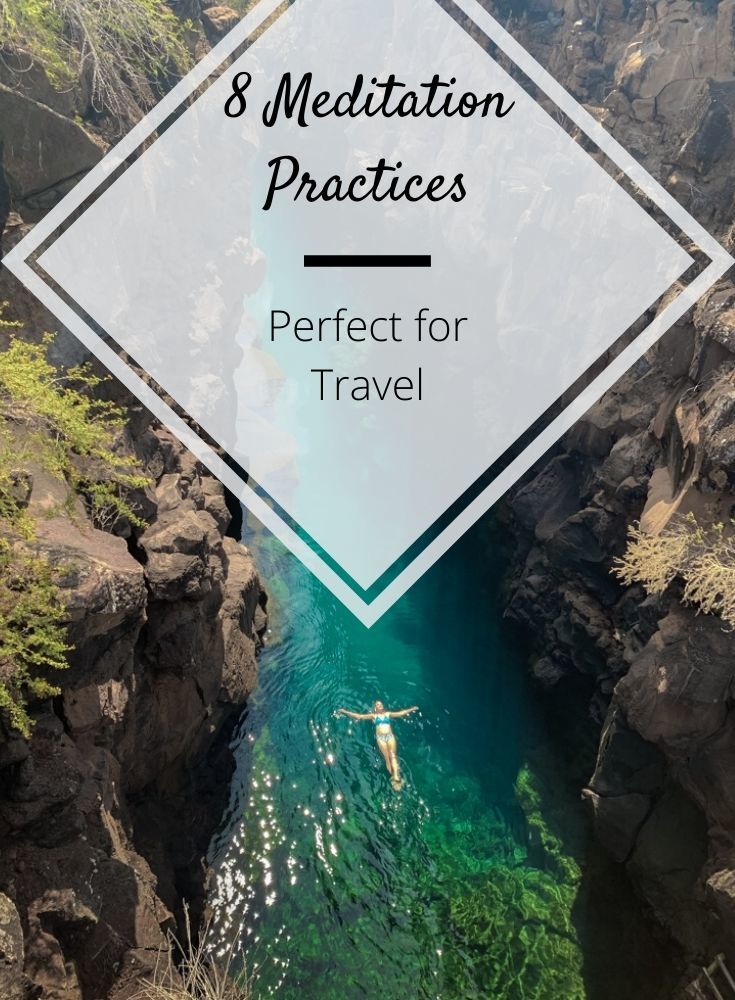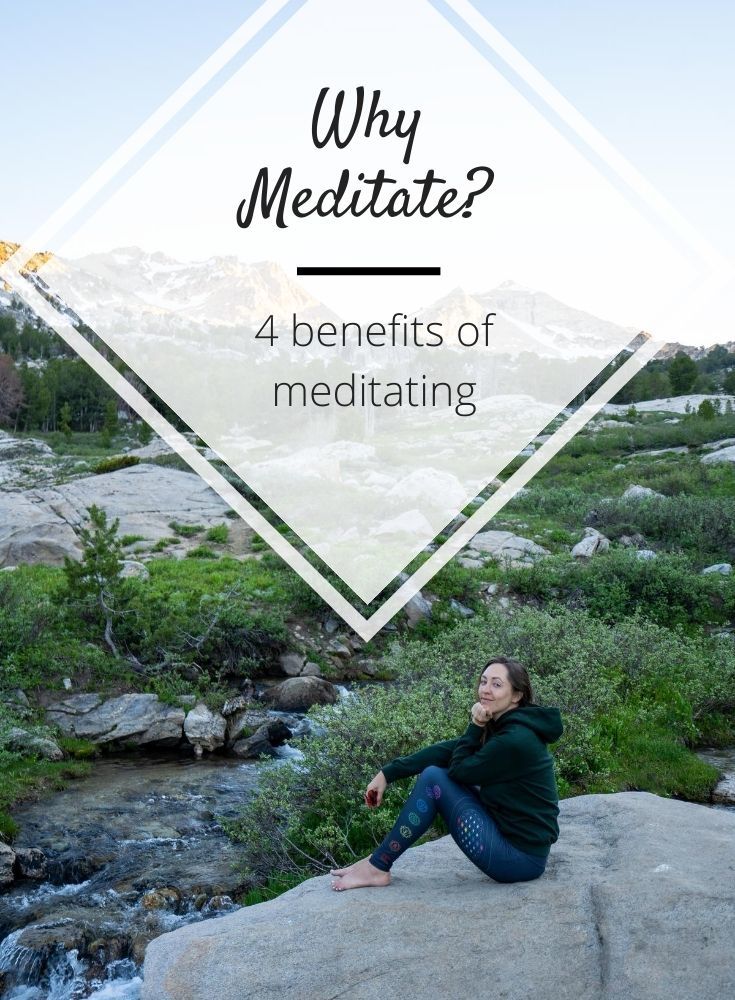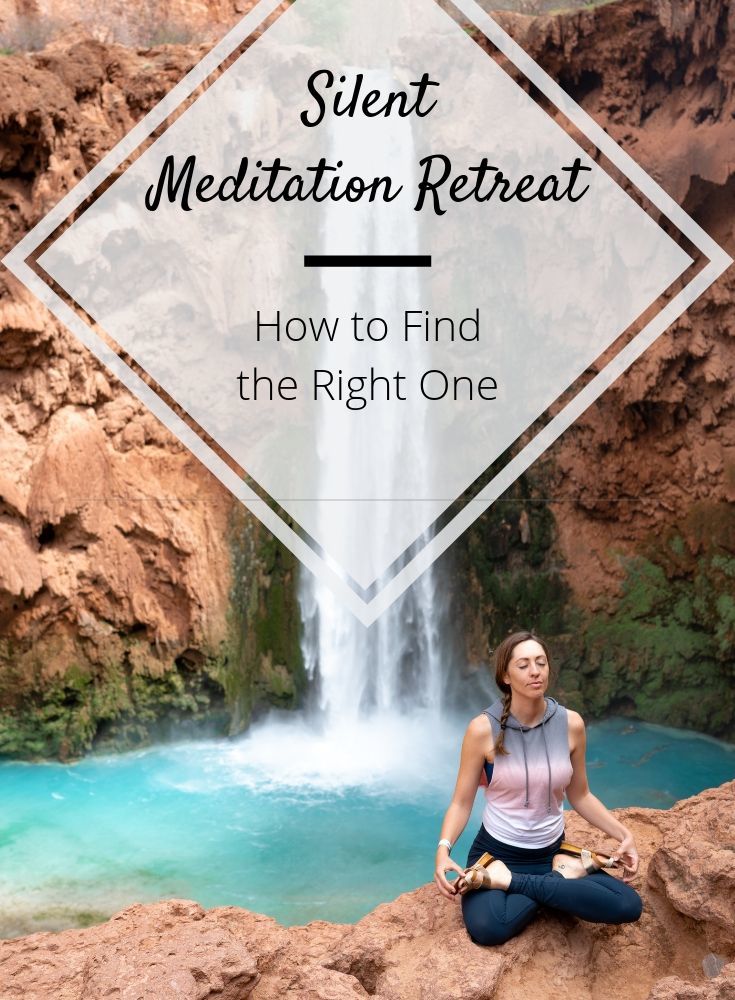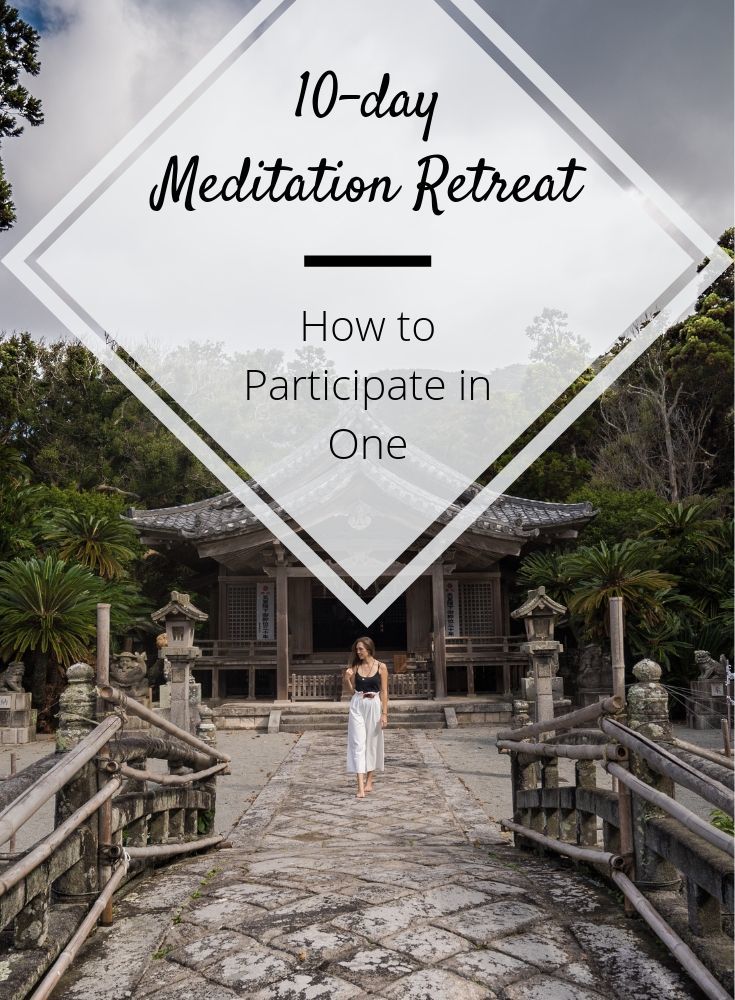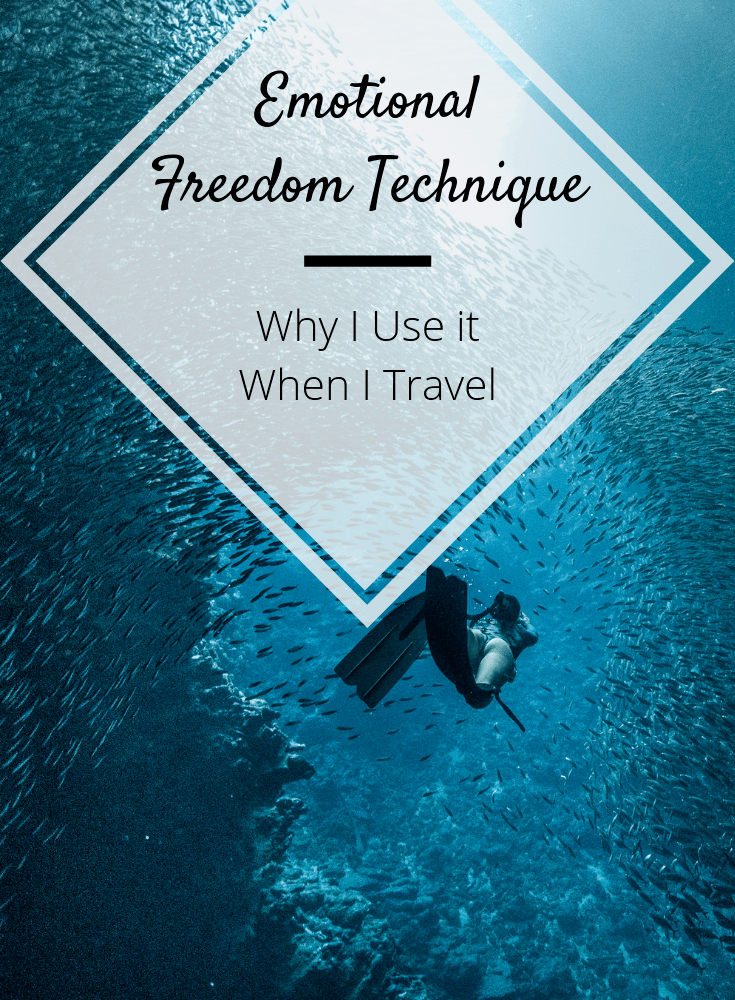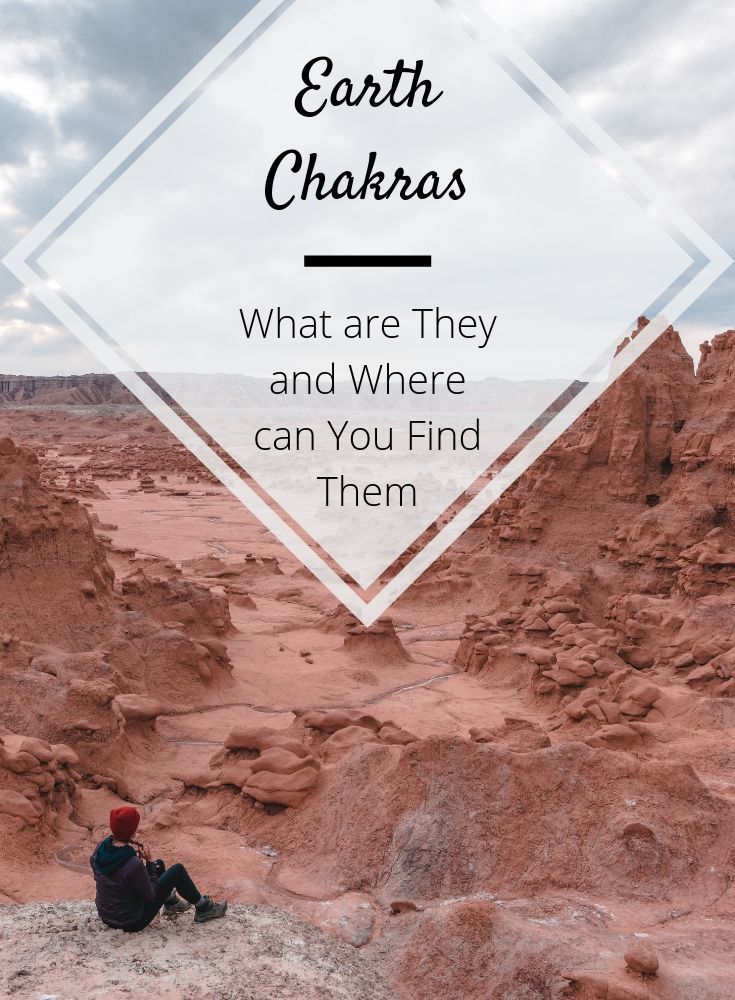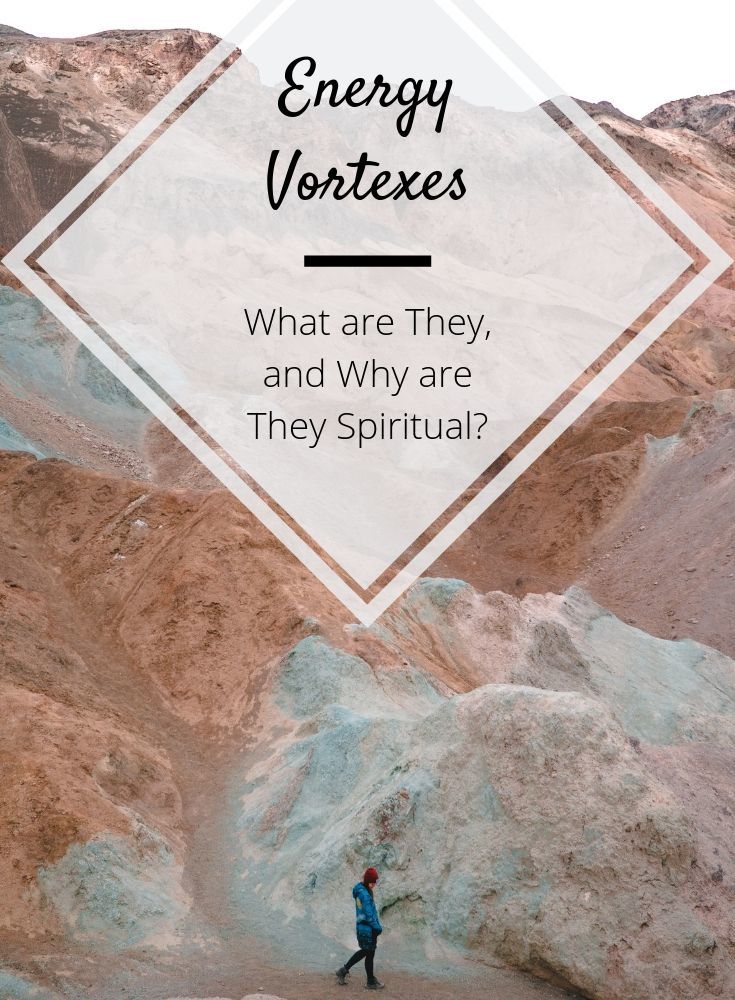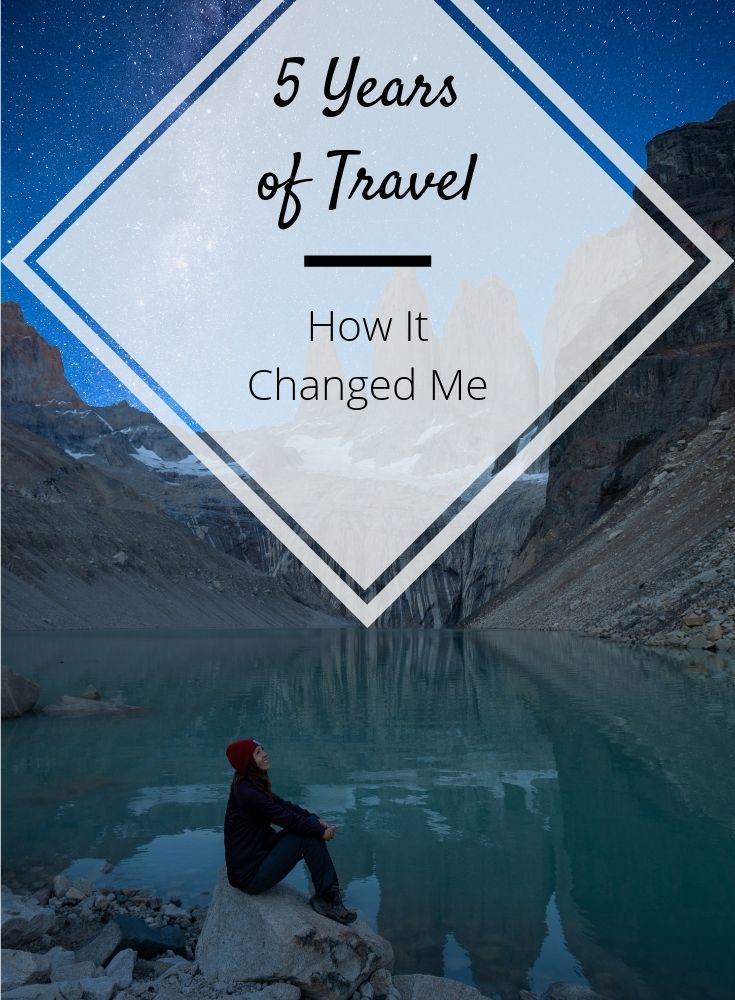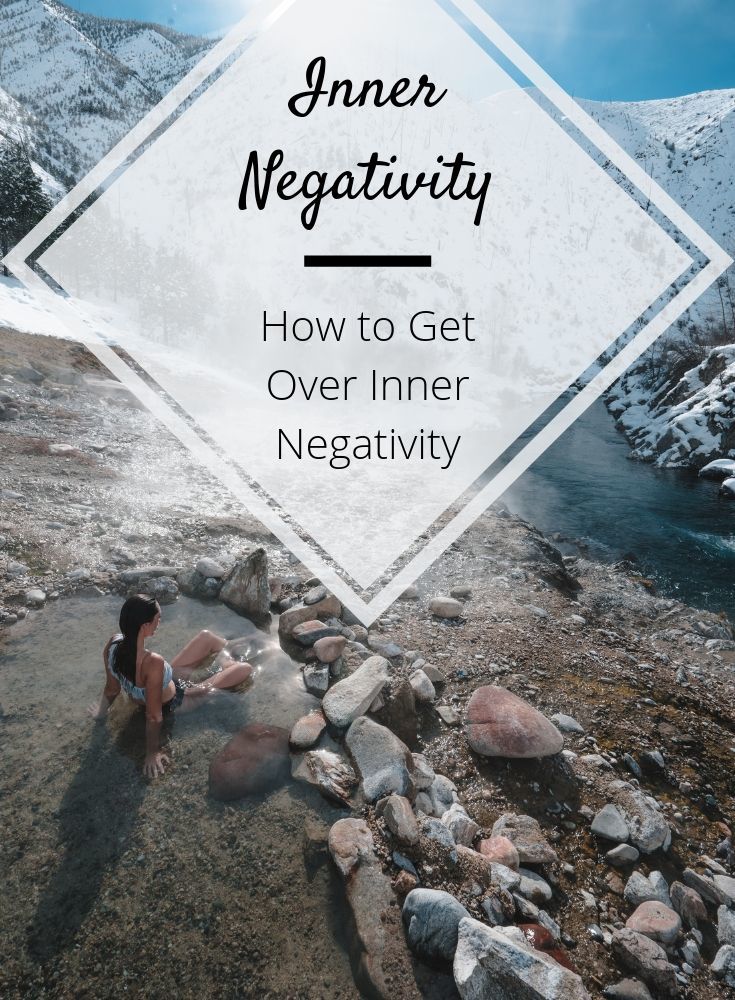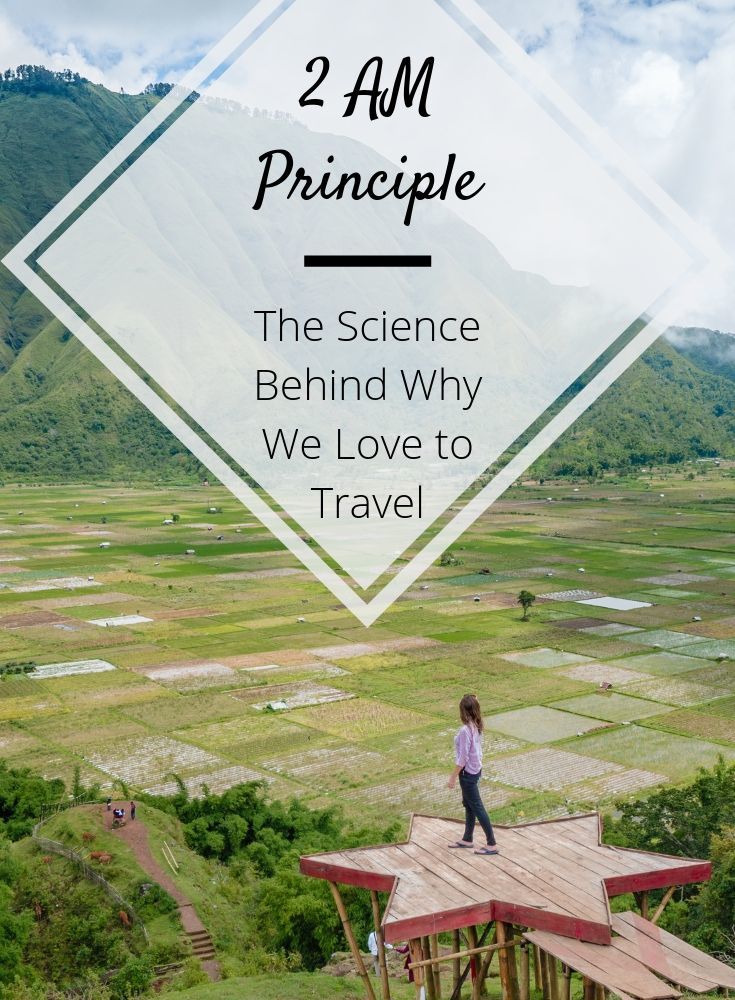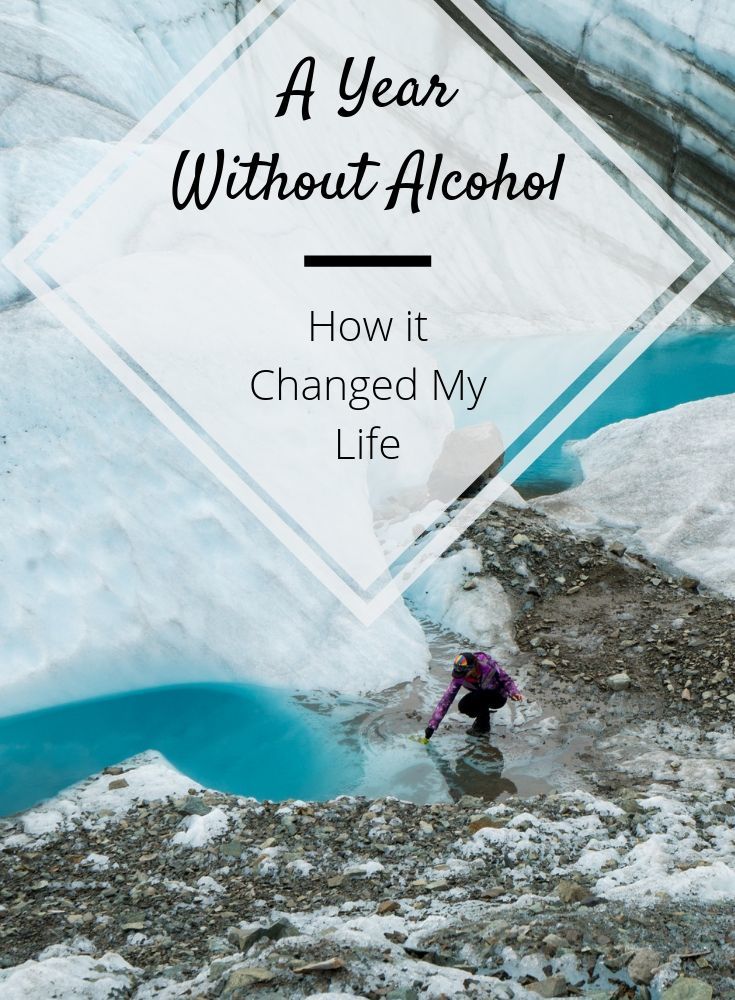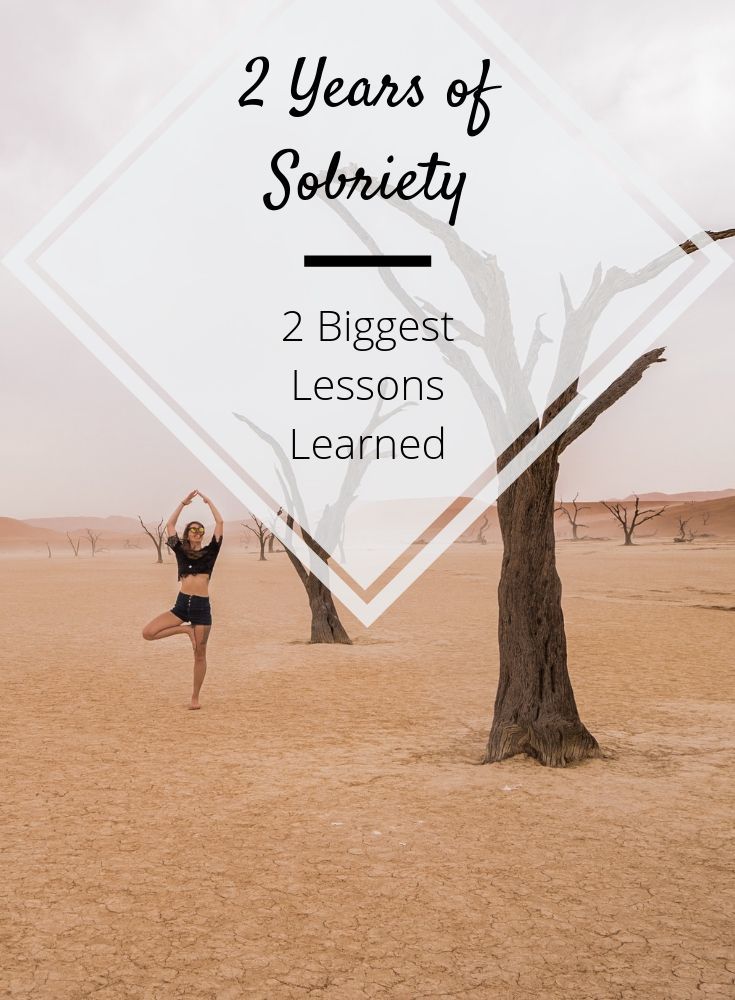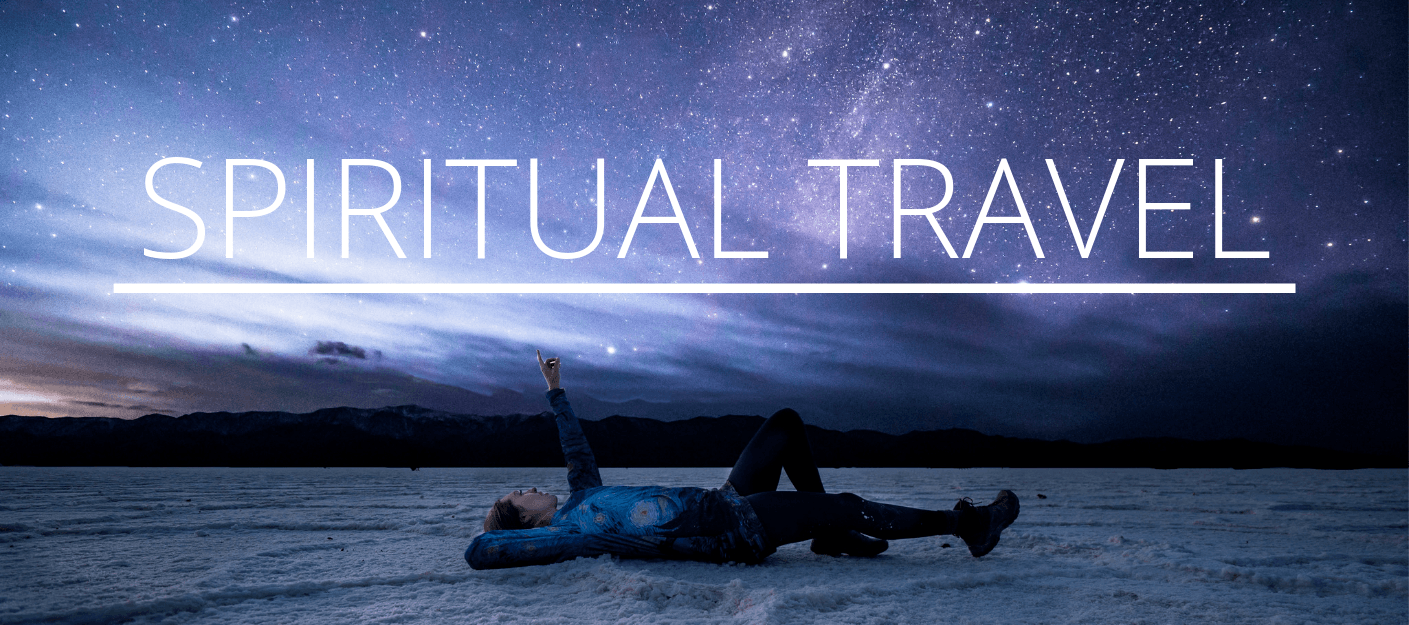
Welcome to the spiritual side of Be My Travel Muse. Throughout the years that I've traveled, I've come to find, as many have, that traveling and seeing the beauty of the Universe tend to go hand in hand. As we roam the Earth, fall more in love with her beauty, and learn that human beings are fundamentally the same, many of us start to crave that more spiritual side of traveling. We seek to learn and grow through our experiences abroad. This page was created with those desires in mind.
In the sections below you'll find information on the best spiritual and meditation retreats around the world, different ways in which spirituality can impact our lives and our travels, and some of my personal experiences as well. Enjoy the journey.
meditations
Chakras
Retreats + Techniques for travelers
My Personal Reflections
